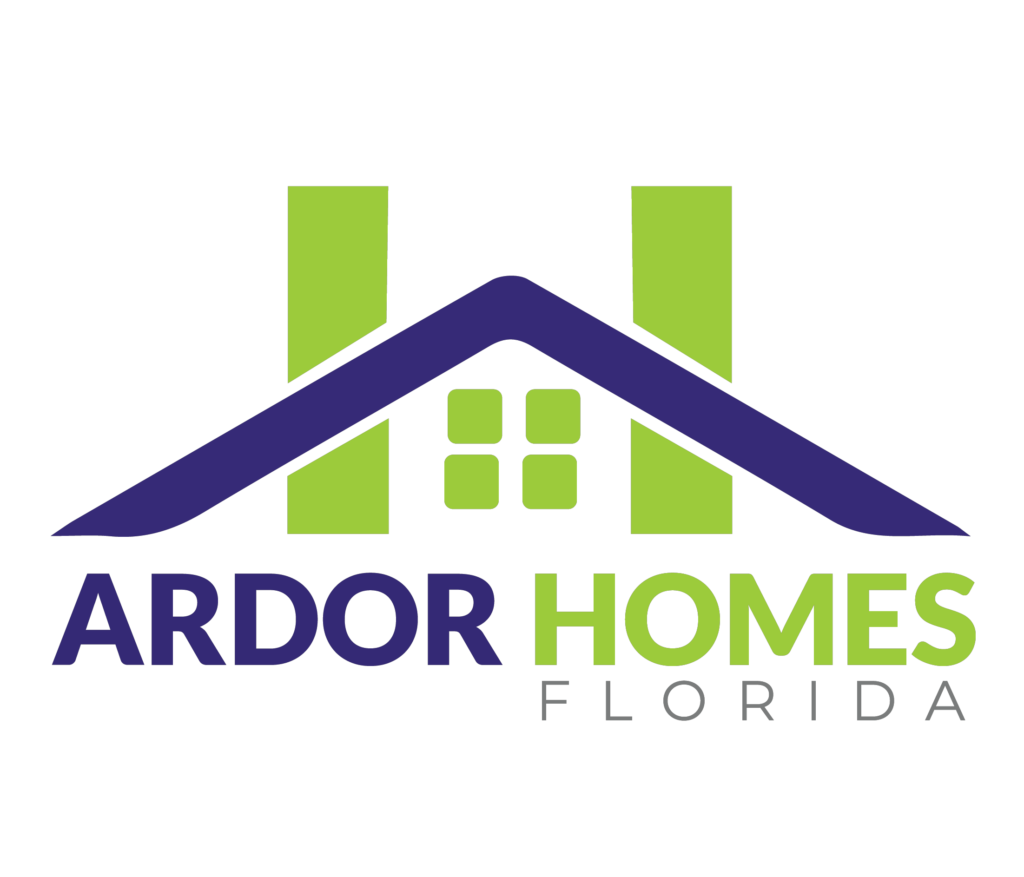
In July 2023, there were only 536 homes sold in Boston, as opposed to 615 in 2022, with an average of 21 days on the market. Selling a house is a significant undertaking, especially in the highly competitive real estate market of Boston. You need to make informed decisions at every step to ensure a successful sale that meets your goals and timeline. From understanding the real estate market to preparing your property for listing, navigating negotiations, and finally closing the deal, each stage requires careful consideration and expertise.
In this comprehensive guide, we’ll walk you through the smart strategies that can make your house sale in Boston smoother and more rewarding. We’ll delve into market trends that shape buyer preferences, share insights into setting the right price, and provide tips for effective property marketing.
Understanding the Boston Real Estate Market
The Boston, MA, real estate market is a dynamic landscape characterized by its own set of trends and patterns. As of July 2023, the market has shown robust growth, with home prices experiencing a substantial increase of 3.8% compared to 2022. This surge has driven the median home price to an impressive $830,000, underscoring the city’s desirability and attractiveness to potential buyers.
Buyer preferences have played a pivotal role in shaping the market’s dynamics. The demand for Boston homes remains strong, leading to a scenario where many properties receive multiple offers, some even with waived contingencies. This high demand has further influenced pricing dynamics. On average, homes are selling for approximately 1% above their list price, and they are going pending within a relatively short period of around 20 days.
In this competitive environment, hot homes are especially sought after, often selling for around 4% above their list price and going pending in just about 12 days. These figures highlight the urgency and competitiveness within the market, emphasizing the importance of strategic decisions when it comes to listing and pricing your property.
If you’re considering selling your house in Boston, it’s crucial to capitalize on these market trends while making well-informed choices. This is where Ardor Homes Florida can step in as your trusted partner. With our deep understanding of the Boston real estate scene, we can guide you through the intricacies of the market, helping you position your property optimally to attract the right buyers and achieve your selling goals. Contact us today to get the best deal for your house sale in Boston.
Preparing Your House for Sale

When preparing to list your house on the Boston, MA real estate market, crafting a lasting first impression becomes vital. The concept of curb appeal with different property types involves the immediate visual impact your property has on potential buyers. A meticulously maintained exterior, impeccably landscaped surroundings, and an inviting entryway combine to set an affirmative tone for the impending open house experience.
Effective home staging seamlessly complements curb appeal, creating an inviting atmosphere that appeals to discerning MA buyers seeking private spaces. Prioritize decluttering and depersonalizing to establish a neutral canvas. This approach enables potential buyers to vividly envision themselves inhabiting the single-family home, concentrating on the property’s enticing attributes instead of the current occupant’s personal effects.
Home Improvements
Expanding beyond staging, devote attention to your property’s infrastructure condition. Addressing essential repairs and thoughtfully renovated improvements can noticeably augment your estate home’s value. Ranging from rectifying leaky faucets to remedying minor cosmetic issues, such diligent upkeep communicates to potential buyers that your MA home has been meticulously tended to.
Consider larger investments as well, such as updating outdated fixtures or moving to stainless steel appliances. Though these upgrades might necessitate an initial investment, they can distinctly differentiate your property within the competitive Boston, Florida, homes for sale market. These enhancements may even justify a heightened initial listing price.
To bolster transparency and streamline negotiations, contemplate enlisting a professional inspector before listing. Proactively addressing potential concerns can foster trust with potential buyers, smoothing the negotiation process and positioning your MA property for a successful sale.
Setting the Right Price

Setting the right price for your house sale in Boston is a delicate balance. Several factors come into play, influencing how your property should be priced to attract potential buyers while ensuring you get a fair value for your investment.
The first factor is the current state of the Boston real estate market. Supply and demand fluctuations can have a significant impact on property prices. The Boston market is currently a seller’s market, characterized by high demand and low inventory, which can lead to higher prices.
A professional appraisal further solidifies your pricing decision. Appraisers assess your property’s value based on its condition, location, and various market indicators. Having an unbiased expert opinion can validate your pricing strategy and provide buyers with an objective basis for negotiation.
Pricing Strategy
Crafting an effective pricing strategy is the next step. While it’s tempting to overprice in the hopes of negotiating down, this approach can deter potential buyers. On the other hand, underpricing might attract attention but could leave money on the table. A balanced strategy involves positioning your property competitively within its range to capture buyer interest without compromising on its value.
Consider offering incentives within your pricing strategy. Whether it’s covering closing costs or including certain furnishings, these incentives can sway potential buyers in a competitive market. Additionally, monitor the market’s response to your initial pricing. If there’s limited interest, it might be worth revisiting your strategy and adjusting the price accordingly.
Marketing Your Property Effectively

With the current reliance on the digital realm, high-quality photography takes center stage. Visual appeal is crucial, as it’s often the first impression buyers have of your property. Professional photography captures your home’s best features, highlighting its unique selling points and creating a lasting impact.
Virtual tours have become increasingly significant. Immersive virtual tours allow potential buyers to virtually walk through your property from the comfort of their own devices. This technology provides a dynamic and engaging experience, giving buyers a realistic sense of the space and layout.
Compelling property descriptions are also another important part of effective marketing. Detailed and persuasive descriptions that highlight not only the physical attributes of your property but also its emotional appeal. We understand the power of storytelling in conveying the lifestyle that your property can offer to potential buyers.
Use Technology to Your Advantage
Online listings play a pivotal role in the modern real estate landscape. Showcase your property on top real estate websites, making it easily discoverable for potential buyers searching online. Optimize these listings with the best visuals and descriptions to capture attention and drive interest.
Social media platforms have also revolutionized property marketing. We harness the power of platforms like Instagram, Facebook, and LinkedIn to showcase your property to a broader audience. Social media allows for targeted advertising, reaching potential buyers based on their preferences and demographics.
Navigating Negotiations

Negotiating with potential buyers is the phase in the selling process that requires finesse and strategic thinking. When offers start coming in, it’s important to evaluate each one carefully. Look beyond the monetary aspect and consider any contingencies or special requests. Understanding the buyer’s motivations can provide valuable insights into their willingness to negotiate further.
Counteroffers are a standard part of negotiations. Responding to an offer with a counteroffer is a delicate balance between conveying your willingness to negotiate while also maintaining the value of your property. A skilled negotiator or real estate agent can navigate this dance effectively, keeping the lines of communication open and respectful.
How to Sell in a Competitive Market
In a competitive market, you might find yourself dealing with multiple offers. This can be overwhelming, but it also presents an opportunity. An experienced agent can help you compare the offers objectively, taking into account not only the price but also the terms and conditions. They can guide you in choosing the offer that aligns with your goals and mitigates potential risks.
Having a skilled real estate agent representing you throughout the negotiation process is invaluable. They bring a wealth of knowledge and experience to the table, understanding market trends, buyer behaviors, and negotiation strategies. Their role extends beyond crunching numbers; they’re skilled communicators who can convey your interests effectively while maintaining a positive rapport with potential buyers.
A good agent will also act as a buffer, helping to manage emotions and prevent misunderstandings that can arise during negotiations. They can navigate complex situations and keep negotiations on track, ensuring both parties feel respected and heard.
The Due Diligence Phase

Once you’ve accepted an offer on your Boston property, the due diligence phase begins, during which both parties work to ensure a smooth transition to closing. This phase is a critical part of the selling process, as it allows the buyer to thoroughly evaluate the property and address any concerns.
Buyer’s Inspection and Appraisal
The first step often involves the buyer’s inspection. The buyer hires a professional home inspector to assess the property’s condition, identifying any issues or necessary repairs. This inspection report can lead to further negotiations if repairs are needed or adjustments to the price are requested.
Simultaneously, the buyer’s lender will initiate an appraisal to determine the property’s fair market value. The appraisal is essential for the lender to ensure they are not financing more than the property’s worth. If the appraisal comes in lower than the agreed-upon price, it could trigger further negotiations between the buyer and seller.
Contingencies and Seller’s Responsibilities
Contingencies are conditions set by the buyer that must be met for the sale to proceed. These might include the successful sale of the buyer’s current home, obtaining financing, or satisfactory inspection results. Sellers should be aware of these contingencies and work closely with their agents to ensure they are met within the specified timeframes.
Sellers have responsibilities during this phase as well. Full disclosure of any known issues with the property is crucial. Be prepared to answer questions about the property’s history, repairs, and renovations. Providing accurate and complete information helps build trust and can prevent legal issues down the line.
Additionally, any negotiations or agreements reached during this phase should be documented properly to avoid misunderstandings. Your agent will play a vital role in coordinating these aspects, ensuring that both parties are on the same page throughout the due diligence process.
Closing the Deal

This final phase of selling MA homes involves several crucial steps that ensure a successful transfer of ownership from the seller to the buyer.
First, both parties sign the necessary legal documents to finalize the sale. These documents include the deed, bill of sale, and other paperwork required by state and local authorities. Attorneys review the documents, ensuring all legal requirements are met and addressing any potential issues that may arise. Additionally, financial professionals handle the transfer of funds between parties, ensuring a secure and seamless transaction.
Challenges can surface during this phase, such as discrepancies in the title, unresolved contingencies, or financing hiccups. Your real estate agent, along with legal and financial professionals, can work together to address issues swiftly and find solutions that satisfy all parties involved with proactive communication.
At the closing table, both the buyer and seller, along with their respective legal representatives, gather to complete the final paperwork and transfer ownership. The buyer pays the remaining balance, including closing costs, and receives the keys to their new property.
Conclusion
Navigating real estate homes for sale in Boston demands careful consideration and expert guidance. Throughout this guide, we’ve explored essential steps that can make your selling journey not only smoother but also more rewarding.
Understanding the nuances of the Boston real estate market, preparing your property for sale, setting the right price, marketing effectively, navigating negotiations, and successfully managing the due diligence phase are all crucial components of a successful sale.
As you embark on this endeavor, remember that partnering with Ardor Homes Florida provides you with a wealth of expertise and a dedicated team that understands the intricacies of the Boston market. Our commitment to maximizing your property’s value, coupled with our comprehensive approach, ensures a successful and seamless selling experience. Contact us today to see how you can get the most out of this experience.
